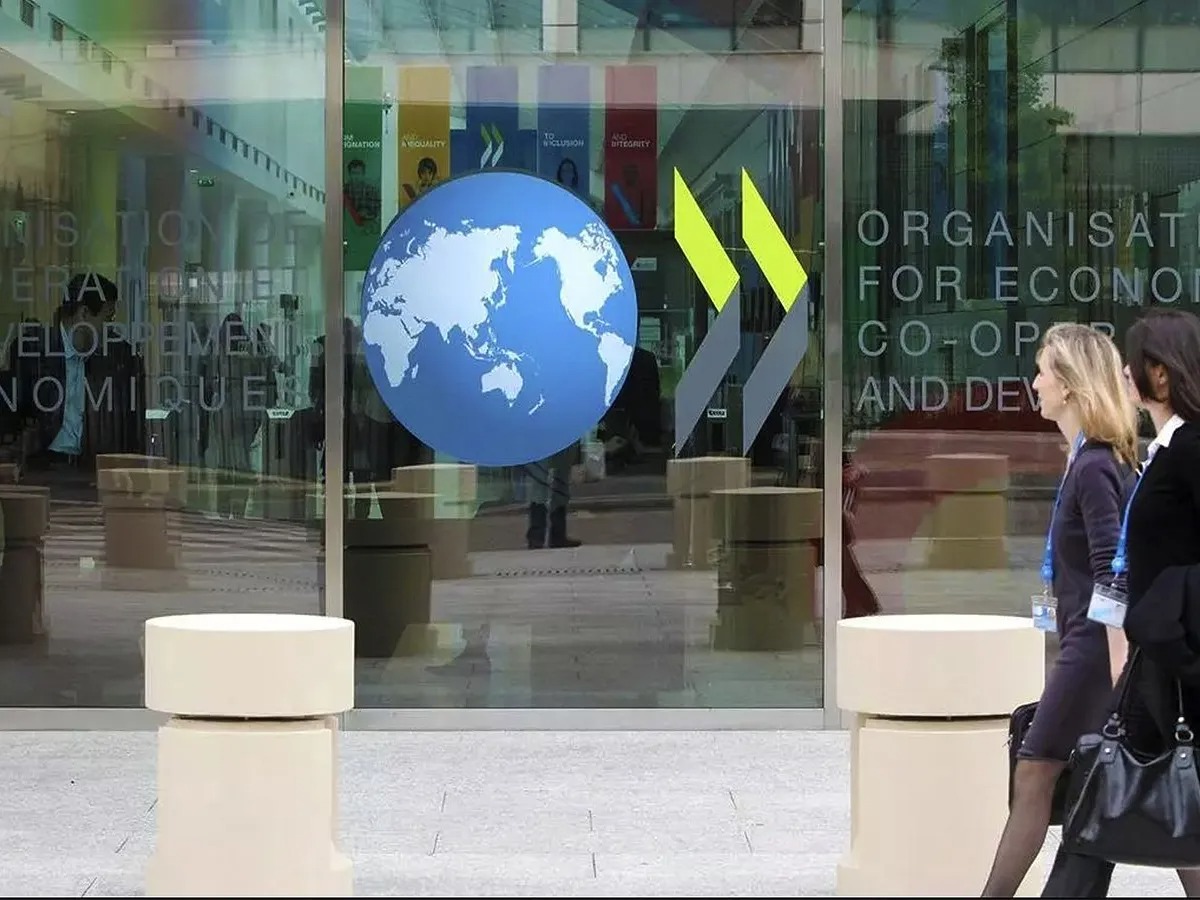Brazil and the OECD: The challenge of implementing integrity standards in the public and private sectors

Brazil and the OECD: The challenge of implementing integrity standards in the public and private sectors
Brazil's recent accession to an important international initiative reinforces the country's commitment to align itself with the best global practices of transparency and integrity. However, this step requires significant adaptation from both the public and private sectors, which face the challenge of adopting regulations that prioritize information protection and process reliability.
What does it mean to adhere to OECD guidelines?
By joining the standards of the Organization for Economic Cooperation and Development (OECD), Brazil is committed to implementing policies that combat disinformation, promote sound governance, and enhance integrity in corporate and governmental environments.
The transition to meet these standards involves strengthening internal controls, investing in information monitoring technology, and fostering a culture of ethics in institutions.
These requirements become even more relevant in a global scenario where technology giants adjust their policies based on economic interests and controversial discourses, which can influence local practices and reinforce the importance of solid regulations.
Benefits and challenges of adopting integrity standards
For the private sector, adhering to these guidelines means not only complying with regulations, but also improving its reputation in the global market. Companies that demonstrate transparency and commitment to integrity are more attractive to investors and business partners.
The public sector, on the other hand, needs to align itself with these demands to promote greater confidence among the population. This involves the adoption of mechanisms that guarantee data protection, greater transparency in processes, and the strengthening of audits.
However, the path is not free of obstacles. Adapting to OECD standards requires structural changes, team empowerment, and the integration of technological solutions that support compliance and organizational integrity.
Posts Relacionados
Informação de valor para construir o seu negócio.
Leia as últimas notícias em nosso blog.


Da reação à predição: a evolução inevitável do enterprise risk management
ERM reativo está morto. Descubra como IA, continuous monitoring e predictive analytics transformam GRC.





